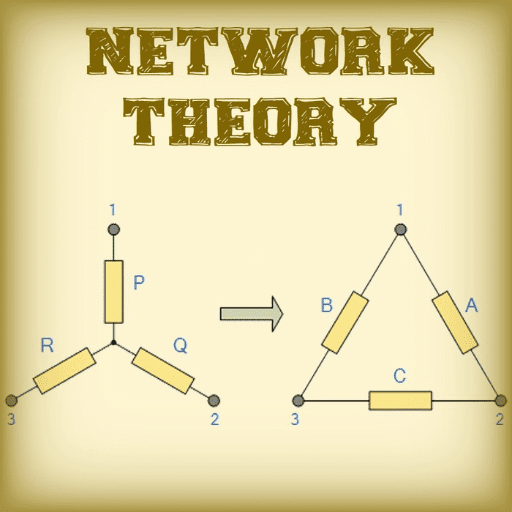Agreements of Verbs | English Grammar Class 7 PDF Download
Simple Tense
1. In a sentence the verb always agrees with the subject in number and person.
- I am a teacher.
- I shall play.
2. Two singular subjects joined by “and” take a plural verb, as
- Mohit and Manish are good friends.
3. If the two subjects are joined by “as well as” or “with”, the verb agrees with the first subject, as:
- Devesh as well as his children has come.
4. When a subject is used with its opposition, the verb is used according to the subject and not the opposition, as:
- I the Manager of the Bank, am not happy with your work.
5. “Either”, “neither”, “each”, “every”, “everybody”, “everyone”, “no”, “none”, “somebody”, “nobody” and “many a” must be followed by a singular verb as,
- Either of the two boys has stolen my purse.
- Many men has failed because of laziness.
6. If two singular subjects are joined by “and” and are preceded by each or every, they take a singular verb, as
- Each day and each hour is important.
7. Two or more singular subjects connected by “either-or”, “neither-nor”, “or”, or “nor” take a singular verb, as
- Either Devesh or Deepak is coming today.
- Dinesh nor his friend was invited.
8. When two subjects joined by “either-or”, “neither-nor”, “or” and “nor” are of different numbers, the plural subject should be placed near the verb, and the verb should be plural, as
- Either Raju or his friends have broken the glass.
- Neither the teachers nor the students were present there.
9. If two nouns or pronouns joined by “or”, “nor”, “either-or” and “neither-nor” are of a different person, the verb agrees with the subject nearer to it, as
- Either you or I am correct.
- Neither she nor you are to blame.
10. If two singular nouns refer to the same person or thing and the article is used only once before the first noun, the verb is used singularly as,
- A black and white cow is grazing. (A cow-partly black and partly white)
11. If two subjects together express one idea, the verb following them is singular, as
- Bread and butter is my favorite breakfast.
12. When the subject is the phrase one of, followed by a plural noun, the verb is singular and agrees with one, which is singular, as
- One of the students in our class was praised by the teacher.
13. When the subject is introductory there, the verb agrees with the real subject that follows it, as
- There was a cruel king. (real subject – king)
14. ‘A lot of’ and ‘plenty of’ take a plural verb when they denote number; correct they take a singular verb when they denote quantity or amount, as
- A lot of butter has been purchased.
15. A number of means several or many and is therefore always followed by a plural verb but the number of (definite number) is followed by a singular verb, as
- Several boys have come.
16. The following nouns are always used as plural
- A dozen were injured.
17. Some nouns are used only in the singular and take a singular verb, as
- All this furniture is very cheap.
18. Some nouns are plural in appearance but singular in use. They take singular verbs, as
- Mumps is a painful disease.
19. When two subjects are joined by not, only – but, also the verb and person should agree with the second subject, as
- Not only my sister but I also am innocent.
20. A collective noun takes a singular verb when regarded as one whole, as
- The committee has agreed on this issue.
21. In optative sentences for unfulfilled wishes “were” is used with the singular subject, as
- I wish it were possible.
22. Joined by conjunction “as if we're” is used with Singular Subject, as:
- He talks as if he were mad.
23. When two subjects are joined by not only – but also, the verb agrees with the second subject in number and person:
- Not only you, but I am also responsible for this loss.
|
39 videos|254 docs|61 tests
|
FAQs on Agreements of Verbs - English Grammar Class 7
| 1. What is verb agreement and why is it important in writing? |  |
| 2. How do I determine if a subject is singular or plural for verb agreement? |  |
| 3. Are there exceptions to verb agreement rules? |  |
| 4. How do compound subjects affect verb agreement? |  |
| 5. Can you provide examples of common mistakes in verb agreement? |  |


























